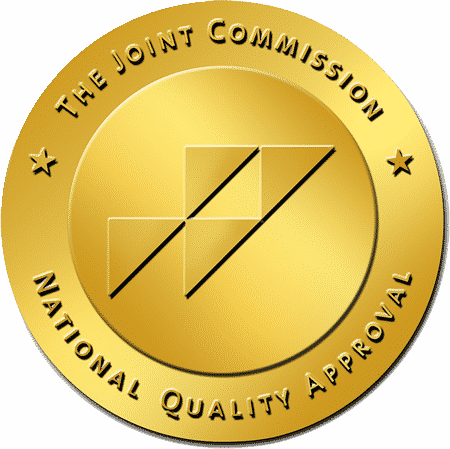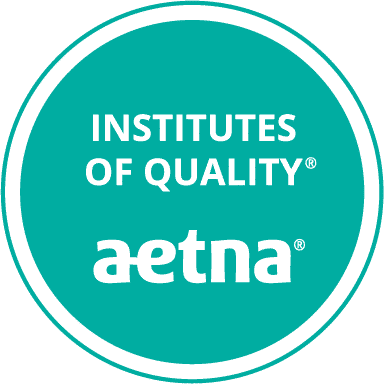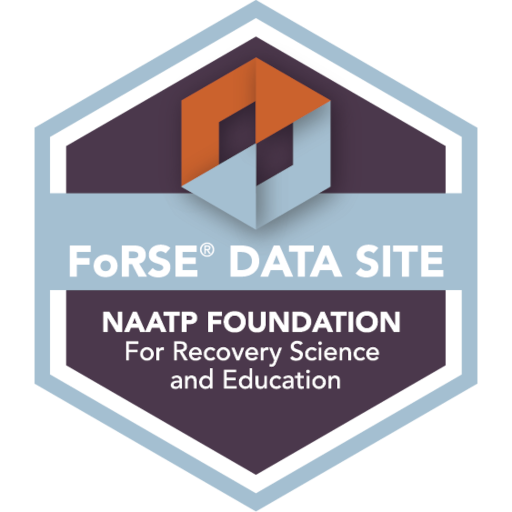When used in connection with addiction treatment and recovery, the definition of relapse is a return to using drugs or alcohol after an attempt to stop.
In medicine, relapse means a return of a disease or illness following partial recovery or a period of apparent improvement. For example, malaria patients can relapse years after the initial infection.
Origin for Relapse is Latin
The root of the word relapse is Latin relab?, meaning “to slip back.”
Examples of synonyms for the word relapse include worsen and deteriorate.
Relapse–Verb or Noun
The word relapse can be used as either a verb or noun.
According to the Merriam-Webster Online Dictionary, the verb means “to slip or fall back into a former worse state” or to “sink” or “subside” into a former state such as deep thought
The online dictionary says the noun means the “act or an instance of backsliding, worsening or subsiding,” or “a recurrence of symptoms of a disease after a period of improvement.”
Lapse vs. Relapse
There is a difference between a lapse and a relapse.
While the definition of the word relapse involves a return to bad habits or an illness such as an original infection, lapse indicates a temporary return to a substance use, not an ongoing pattern.
With a lapse, recovery treatment resumes before detrimental results occur before they can slip back into a former state of addiction or alcohol abuse.
People who abandon their approved drug rehab continuing care treatment, including relapse prevention plans, are more likely to risk relapse into old habits of substance dependence than those who stick with their plan.
Long Delay, Short Delay or Sudden Relapse
A team of doctors and researchers published an article in the American Journal of Drug and Alcohol Abuse in 2010 about the results of their Time to Relapse Questionnaire: “A Measure of Sudden Relapse in Substance Dependence.”
They asked persons who had relapsed to identify how long was the period from their first thought of using drugs again to their actual use.
The authors said determining the time it takes to relapse may help determine underlying causes of relapse and have implications for ongoing treatment.
What is Partial Recovery?
Partial recovery is a decreased severity and frequency of substance use disorder problems while a patient is trying to achieve full recovery.
“Partial recovery is a state of limbo in which addiction has been destabilized (as evidenced by repeated recovery attempts) but recovery has yet to be fully stabilized,” wrote research consultant William L. White in a 2019 blog at williamwhitepapers.com.
It is a term often applied to medical conditions, especially chronic ones from which a patient may have relapsed.
Addiction Treatment at La Hacienda
La Hacienda Treatment Center has been treating people with substance use disorders since 1972 at its attractive campus in the Texas Hill Country.
Each patient receives a thorough assessment upon admission. In addition to revealing any co-occurring illness they may have, this enables the treatment team to prepare a detailed therapy plan for each patient.
Medically supervised detoxification, if needed, is managed by on-campus doctors and 24/7 nursing staff, which also administers medication as prescribed.
Relapse Education
As part of individual and group therapy with licensed addiction therapy clinicians, patients receive information about how to identify the signs that they might be relapsing and how to avoid relapses.
For more information about treatment at La Hacienda, phone (800) 749-6160 and speak with one of our knowledgeable and helpful admission specialists.

Treating Relapse
In early recovery, patients learn how to recognize the initial stages of potential addiction relapse, when their relapse prevention plans may have the best chance of success. The main relapse prevention tools are cognitive therapy and mind-body relaxation. They offset negative thinking, improve mental health and emotional health, and develop healthy coping skills.

Relapse Prevention
Relapse into a former condition has recognizable stages and warning signs of relapse. In treatment, patients learn how to recognize them, improving their chances of preventing full-blown relapse. Cognitive therapy and mind-body relaxation are the primary tools to prevent a fall from sobriety. Support groups and recovery meetings also help sustain recovery.

Signs of Relapse
A change in attitude, increased stress, more denial, a recurrence of withdrawal symptoms, poor self-care, behavioral changes to old ways, less socializing, abandoning routines such as a healthy diet, engaging in high-risk situations, irrational choice-making, and limiting one’s choices are some warning signs of future relapse into drug use.

Trading Addictions
People in recovery from a substance use disorder following addiction treatment sometimes trade one drug use or addictive behavior for another. Becoming compulsively involved in an activity such as work or exercise can be a positive, but if the person is trading a new addiction for the old one, it may interfere with their drug abuse or alcohol abuse recovery.




